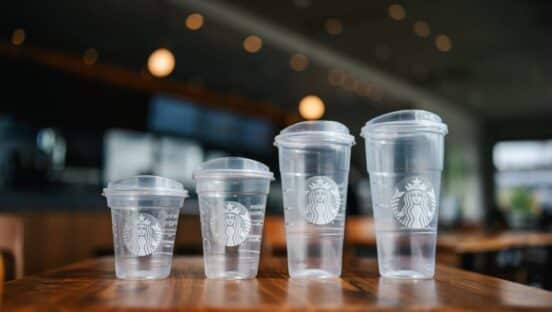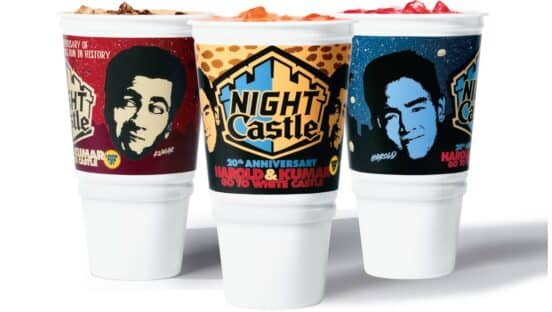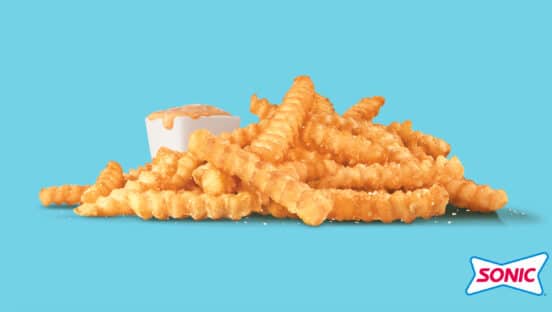This weekend, the East Coast could see heavy rains and wind, as well as some flooding, as Hurricane Joaquin makes its still undetermined path. In recent years, storms like Irene and Sandy have demonstrated that preparedness—for both individuals and businesses—should extend beyond Florida and the Gulf Coast.
Bruce Reinstein, president of purchasing partner Consolidated Concepts and an industry vet with more than 35 years of experience, says that restaurant operators should go about business as normal, but be ready with a plan.
“There should always be a plan. Typically the people who live the closest are the ones most likely to come in, and it’s always like that even in snow, but that’s exactly how they’ll treat this thing,” Reinstein says. “As far as the customers go, it’s the same thing: They’re open for business; you have to plan on the fact that based on the weather that your volume is going to be less.”
Although limited-service restaurants might see reduced foot traffic, Reinstein says that fine-dining establishments take the greatest sales dip during natural disasters and quick-serves are the least affected. In adverse weather conditions, consumers are less likely to sit down for a meal and more likely to place carryout or delivery orders.
“Delivery is very, very popular during things like this,” Reinstein says. “Even if they can’t deliver [carryout] would be a very busy area during this type of storm.”
He adds that delivery and takeout foods like pizza also have a comforting connotation, which customers might seek when the weather turns sour.
Even when businesses have a clearly defined plan, it is impossible to be prepared for every scenario. Operators cannot control the circumstances, but Reinstein says they can adapt accordingly and use those adjustments to their advantage.
Along that same line, acts of good will carry a great deal of weight in these events. Reinstein, who is based in Boston, says that during this past winter when the city was being pummeled by record-breaking amounts of snow, some businesses were giving out free coffee to hapless commuters who had to brave the weather. Such acts, he says, make a lasting impression.
“Even though they were theoretically losing business on that given day, the guest doesn’t forget things like that—goodwill,” Reinstein says. “It’s probably the opposite of what you would think where you’re basically going to absorb a major hit if it’s a bad storm [and] people aren’t going to come, but maybe they will come and you’ll take care of them.”
By Nicole Duncan








